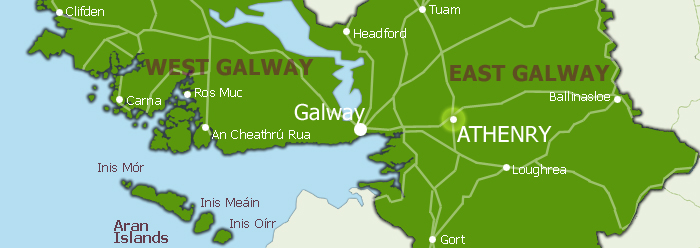Overview
As the national awarding body for further education and training in Ireland, the Further Education and Training Awards Council (FETAC) gives people the opportunity to gain recognition for learning in education or training centres, in the work place and in the community.
FETAC's functions include:
- making and promoting awards
- validating programmes
- monitoring and ensuring the quality of programmes
- determining standards
Programmes leading to FETAC awards are offered nationwide by a wide range of providers in diverse settings, including BIM, Fáilte Ireland (CERT), F�S and Teagasc centres, VEC's, adult and community education and training centres, Institutes of Technology and in the workplace.
FETAC was set up as a statutory body on 11 June 2001 by the Minister for Education and Science under the Qualifications (Education & Training) Act, 1999. FETAC has responsibility for making awards previously made by BIM, Fáilte Ireland (CERT), F�S, NCVA and Teagasc and has made over 500,000 awards to date.
FETAC's mission is to make quality assured awards in accordance with national standards within the national framework, creating opportunities for all learners in further education and training to have their achievements recognised and providing access to systematic progression pathways.
Different approaches to and modes of learning are valued, and in all of its activities FETAC will keep this central to its policy development and practice.
FETAC values partnership with its stakeholders as essential to achieving its goals. This means partners will have well-structured opportunities to influence the policies that underpin FETACâs services.
The value of enabling people also underpins FETAC's work. FETAC will respect and encourage the potential and abilities of its staff. This value will also underpin FETACâs interaction with its key stakeholders.
FETAC believes that quality should underpin all aspects of the service the organisation provides. To achieve its vision, FETAC values openness, engaging both internally and externally with challenges and the changing environment in which it operates.
back to top
|


